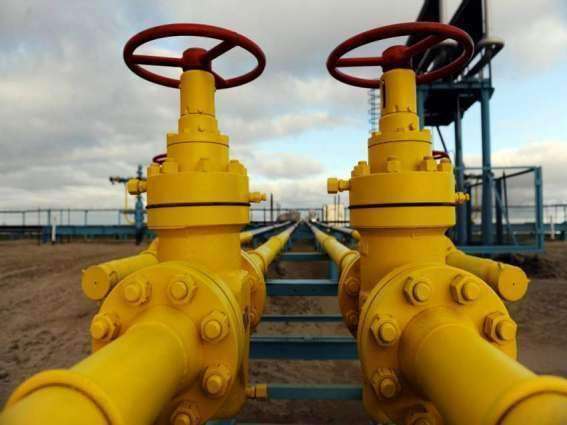ISLAMABAD: The Cabinet Committee on Energy (CCoE) scheduled to meet on Tuesday is likely to grant approval for the unbundling of the two state-owned gas utility companies, Sui Northern Gas Pipelines Limited (SNGPL) and Sui Southern Gas Company (SSGC), into five smaller gas companies.
According to sources who confided in Profit, said that the CCoE will take up a proposal by the Petroleum Division regarding gas sector reform, particularly the dismantling government-owned gas utility companies into one transmission and four provincial companies.
They said that the Petroleum Division has been actively pursuing the break-up to ensure the sector’s sustainability. “The division has already devised a way forward to proceed with the reform agenda,” sources added.
According to the details, the newly devised gas reform agenda includes the appointment of a ‘transaction advisor’ through a competitive process whereas the cost to be incurred during this process would be equally shared by the gas companies.
“OGRA should allow the same in the companies’ revenue requirements while financing from an international donor may also be explored to accomplish the task,” sources said.
The division has suggested that an independent National Gas Transmission Company (NGTC) be formed and operate as a common carrier for existing and newly formed gas distribution companies under third-party access rules promulgated by OGRA, while the company itself would not be engaged in the purchase or sale of gas, being mandated to only transport gas.
Similarly, multiple gas distribution companies would be created with unified principles by both SNGPL and SSGCL within the area of their jurisdiction for the operation of smaller distribution companies. These companies would be established on a technical and economical basis keeping in mind the population, network, density, gas demand, workload, supervision and efficiency for the sustainability of newly formed distribution companies.
To pursue the reforms agenda, a mechanism of weighted average sale price equalisation or any other suitable mechanism would be developed for sale pricing.
The two integrated midstream and downstream gas utility companies are currently engaged in gas purchase from exploration and production (E&P) companies as well RLNG and transmission, distribution and sale to various categories of consumers under an integrated business model.
They are operating on the cost as well as return formula under licensees from OGRA while the government is a major shareholder of both entities.
On March 8, 2013, the ECC had approved, in principle, the process for the unbundling of the gas companies subject to the condition that provincial governments will be consulted in advance and the matter will also be placed before the Council of Common Interests (CCI).
It is pertinent to mention that gas sector reforms, in general, are supported by OGRA, Planning, Development & Special Initiatives, Industries & Production, and Cabinet Division while the Ministry of Law and Justice has not provided its comments so far.
Similarly, the Finance Division has also supported the proposal on the condition that any change in the existing agreement for sectoral gas sales pricing is made in such a manner that each category of consumers at least pays the average cost of the service.
Likewise, the Ministry of Planning, Development & Special Initiatives proposed a steering committee to be formed for overseeing the development of the detailed roadmap, transaction advisory and monitoring of the overall progress.
Furthermore, OGRA is of the view that financing costs cannot be included in the revenue requirement in light of the 17.43pc ROA which already provides for the financing costs since it is based on Weighted Average Cost of Gas (WACC).





WANNA TALK TO YOU ABOUT THIS OSSUE.
Regards.
Its a bad idea, just like the unbundling of WAPDA, and public will not be a beneficiary. Only create more paid positions and Boards for same thing. I think we need to revisit WAPDA case before making this blunder.